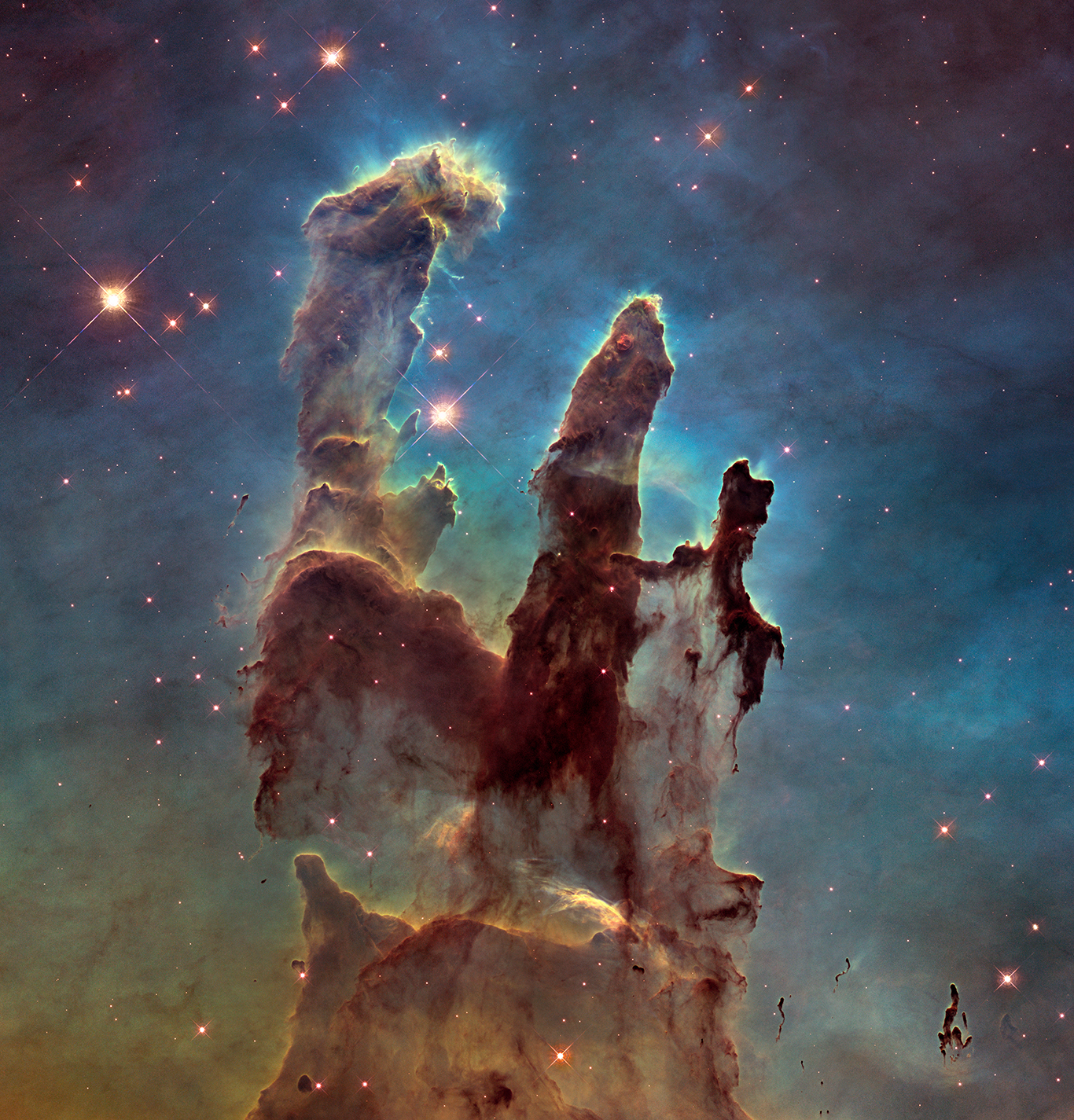
Astrophysicist Bijan Nemati on Why Intelligent Design Matters
On today’s ID the Future, astrophysicist and intelligent design proponent Bijan Nemati shares the first part of his story of science and faith. Those who follow Discovery Institute’s Center for Science and Culture may know Nemati from his appearance in the popular ID documentary The Privileged Planet. Born and raised in Iran, he moved to the United States shortly before the Iranian revolution, became an atheist in college, but eventually found his way to a strong religious faith, in part through his exposure to the scientific evidence for intelligent design, first in biology and then in cosmology. Along the way he landed a high-level job with NASA’s Jet Propulsion Laboratory (JPL) and became a leading expert in space interferometer telescopes and the science and technology of detecting earth-like planets. Tune in as he shares with host Eric Anderson his journey of discovery.